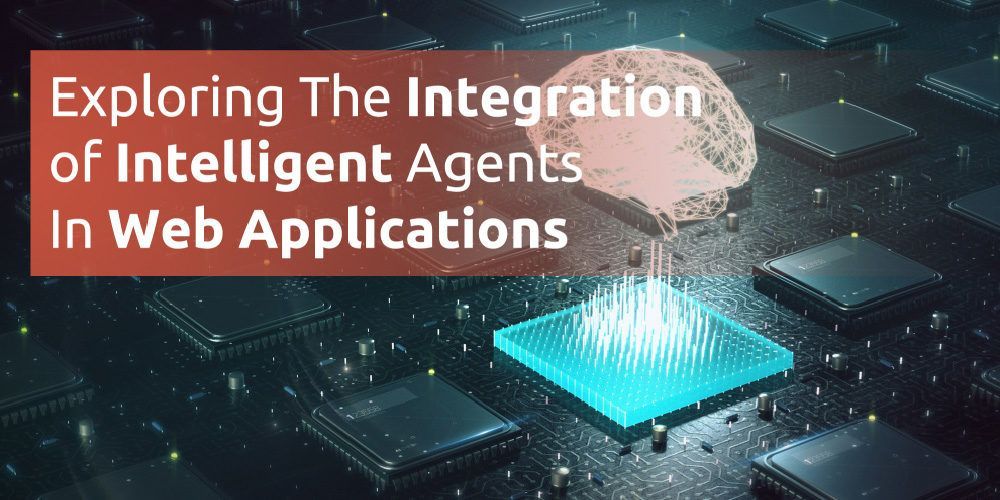Computers were once just that, computers. They were super fast calculators.
They then became computers and file systems. Now they’re computers, file systems, and terminals for the web and so much more.
The evolution of the computer is not complete. While we’ve been adding intelligent capabilities to computers for more than two decades, we’re finally able to say AI is here.
We automate everything now from e-mail to chat with e-commerce development. And the systems that run these things act intelligently. Those systems are what we call intelligent agents.
Today we’re going to talk about how intelligent agents integrate with web applications.
What Exactly Are Intelligent Agents?
An AI system is an agent and its environment. Agents can actually be anything that makes decisions in their environment. This includes humans and even organizations.
In web applications, we’re simply talking about software agents. These are programmed or trained software programs that react to their environment intelligently. This could mean acting like a human via chat, it could mean facilitating data collection and organization or it could mean a host of other tasks humans typically perform on the web.
There Are Four Types of Agents
We’re seeing four types of AI agents arriving on the scene today. Here’s what you should know about each one.
Platform Agents
This includes mostly operating systems like iOS. But any kind of intelligent platform counts. This could be logarithmically operated search engines like Google or e-commerce platforms like Amazon.
You probably don’t even notice most intelligent systems you interact with because they’re so ingrained in our daily interactions with technology.
Supplier Agents
A supplier owns these agents. Often they include multiple platforms like apps, websites, bots, and backend API. You also don’t notice these if they’re well designed.
Independent Agents
Third parties own these services. They don’t make them but connect to them. These include supplier networks, services or apps, and websites.
These are intelligent systems like Uber where the cloud is all important and users connect and utilize it.
Autonomous Agents
Third parties create these agents. Users deploy them. These are generally independent software or plugin downloads like Adblock.
How Can Agents Make Life Better?
Platform agents mostly focus on productivity. These are often go-between agents that perform tasks in multiple app environments and outside them. They also play nice with web applications.
Today with systems like iOS, these agents are almost omnipresent in our lives living on our handhelds, desktops, laptops, and smart home devices. Everything is streamlined.
Supplier agents are a more public platform. Often internal use is what they’re best used for. For example, a heavy equipment manufacturer could rely on an agent to examine past transactional data and recommend pricing for new models.
Autonomous agents are the most difficult to achieve. They need to work with apps flawlessness and yet they’re not the base platform on which the apps operate.
A good example would be an app that gleaned data from all flight sales apps to find the best deal. The only problem is that some apps don’t like intelligent agents messing with their data. They prefer customers to stay within their own app ecosystem.
Unintended Consequences
These intelligent agents are attempting to act like humans without being humans. That makes some of the outcomes unpredictable.
Those consequences might seem small now and grow bigger later. And no, we’re not talking Skynet per se. But all tech has unintended consequences.
How will we deal with those consequences? Need someone to help you think through these kinds of things in web application development? Get a quote from our team of experts.






